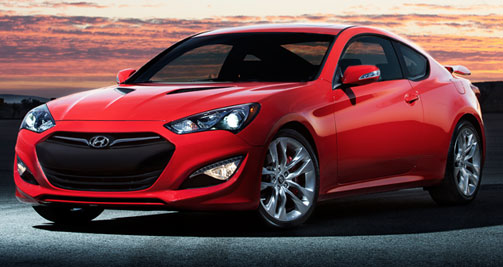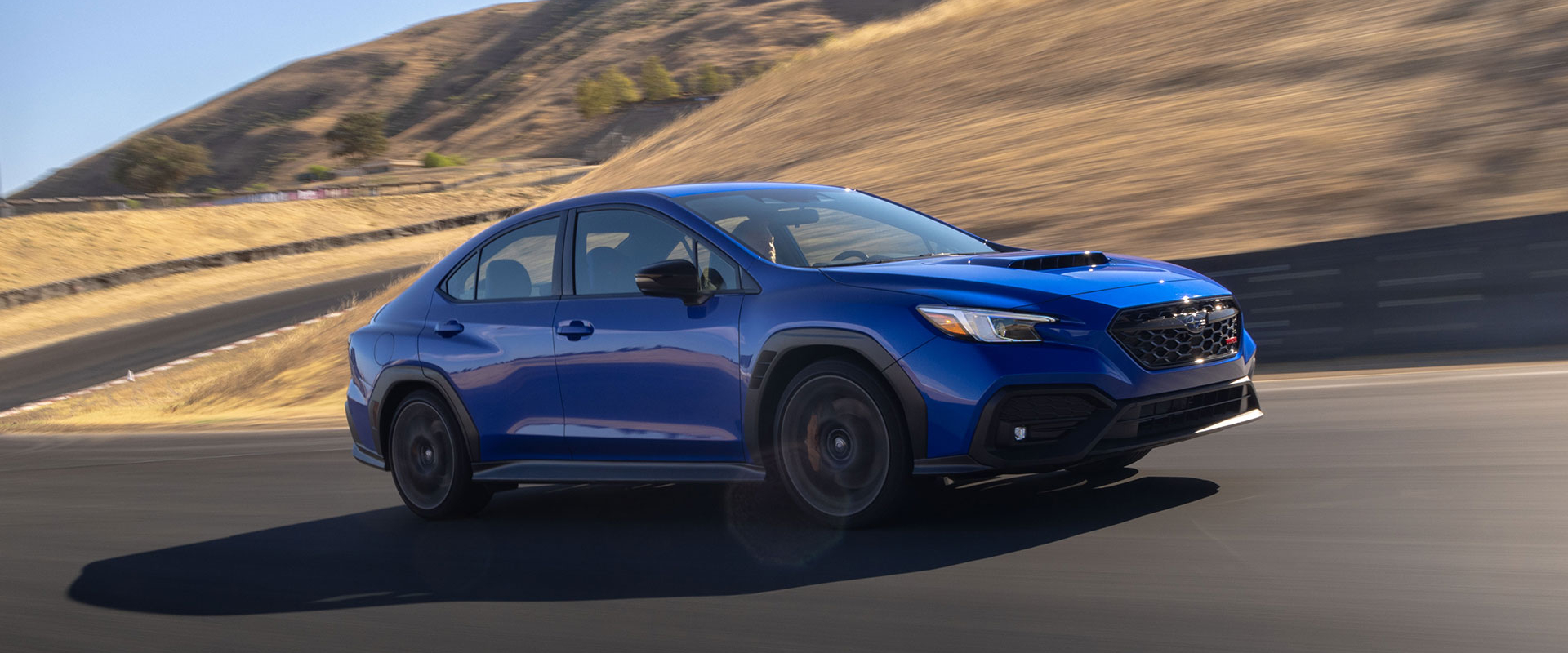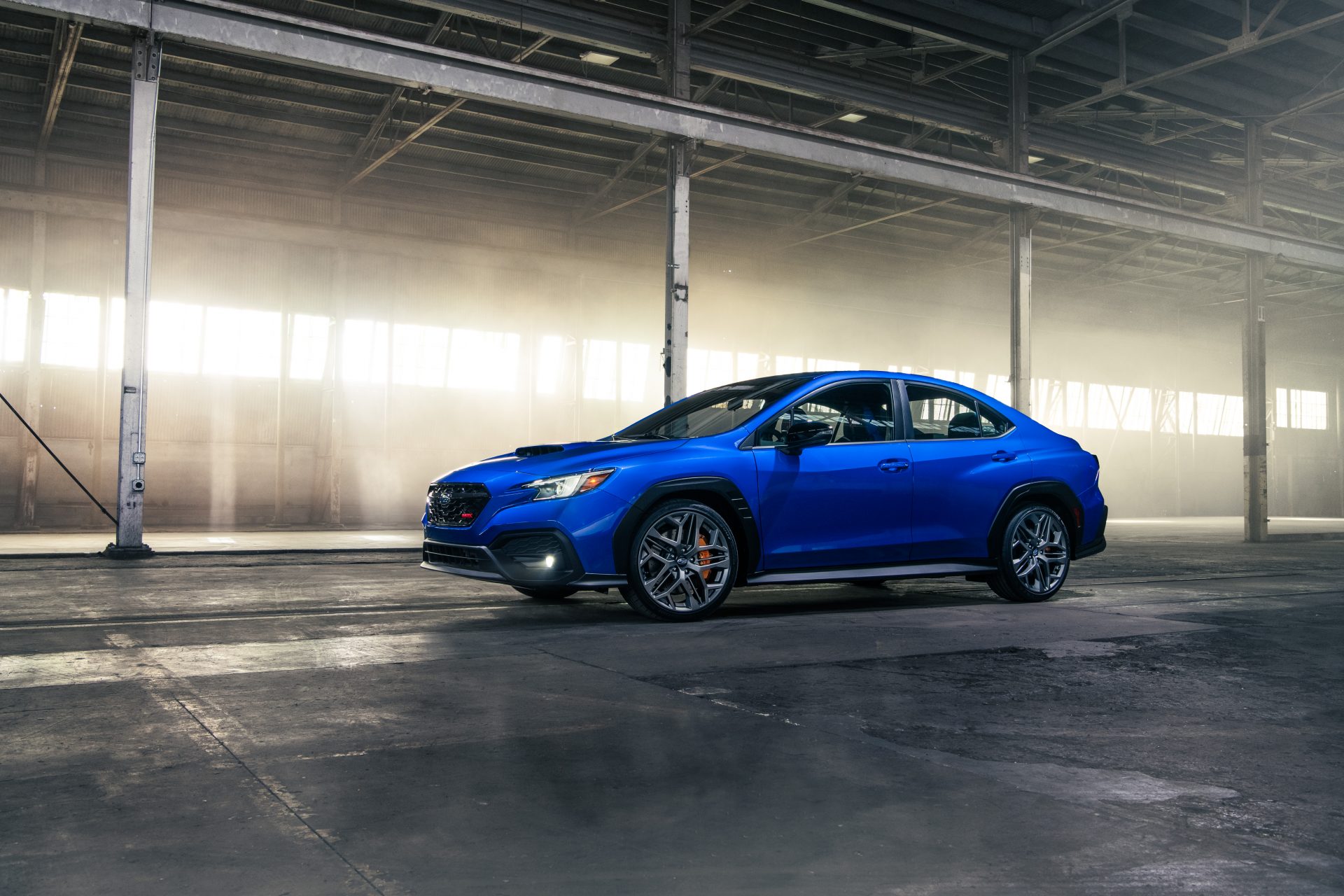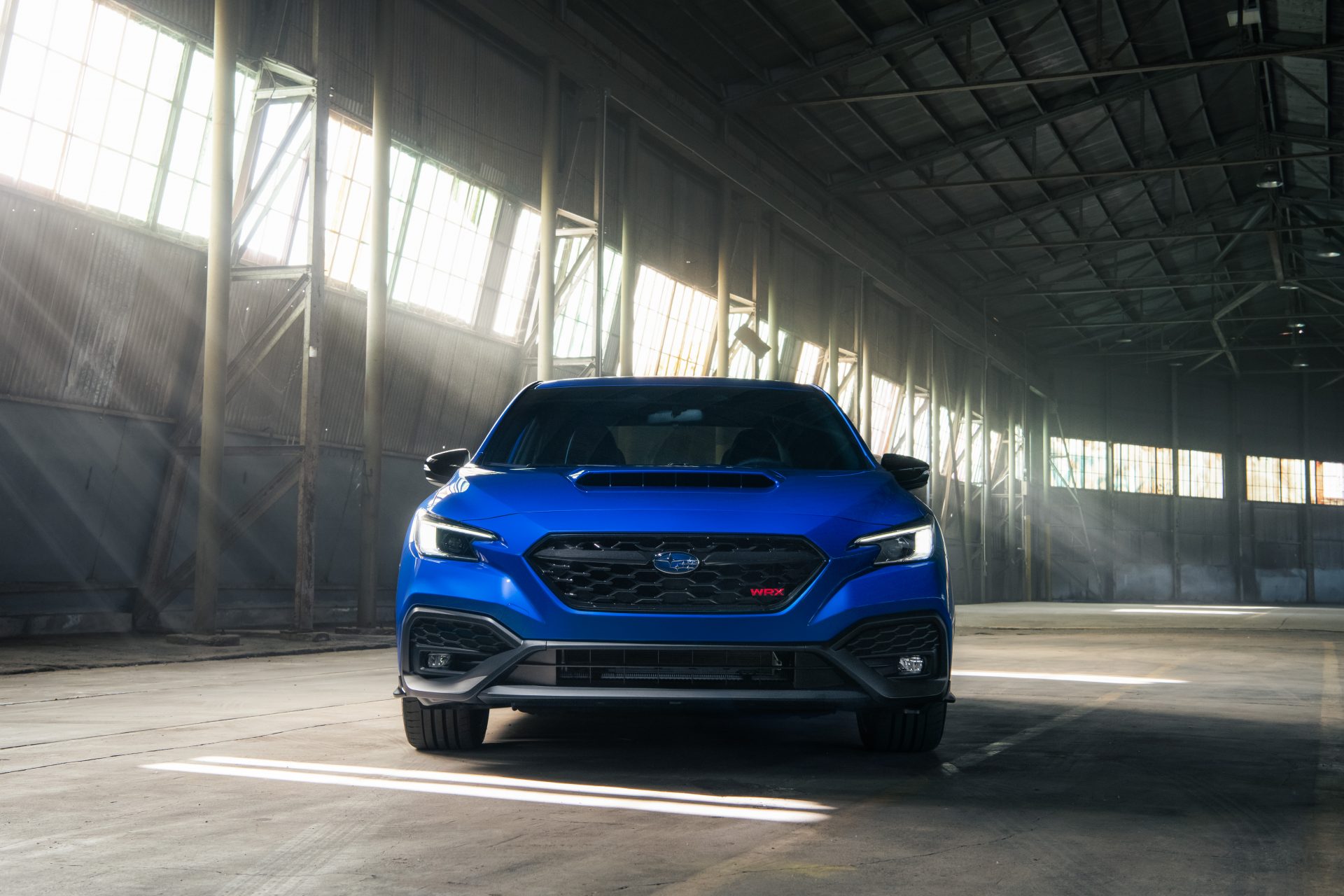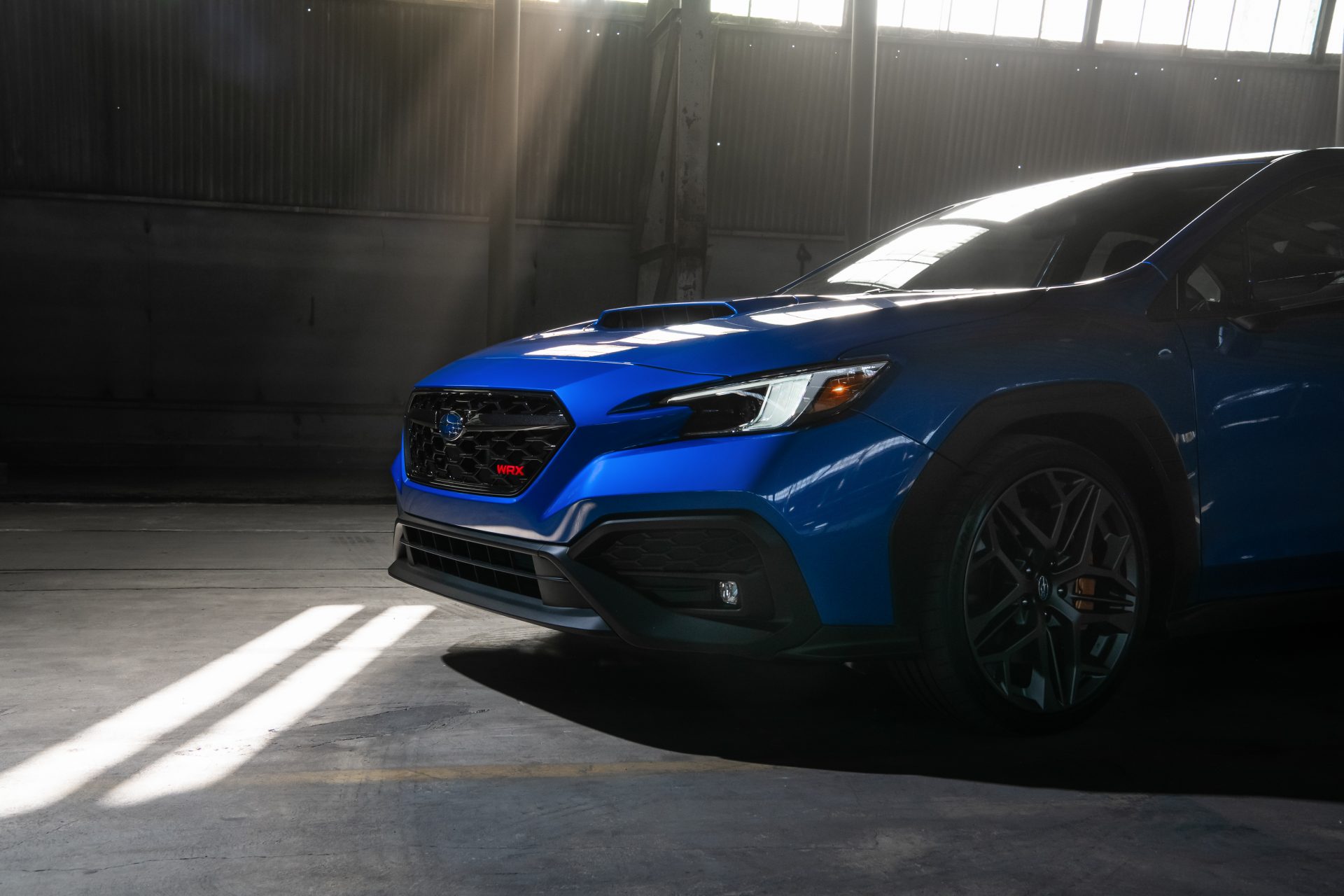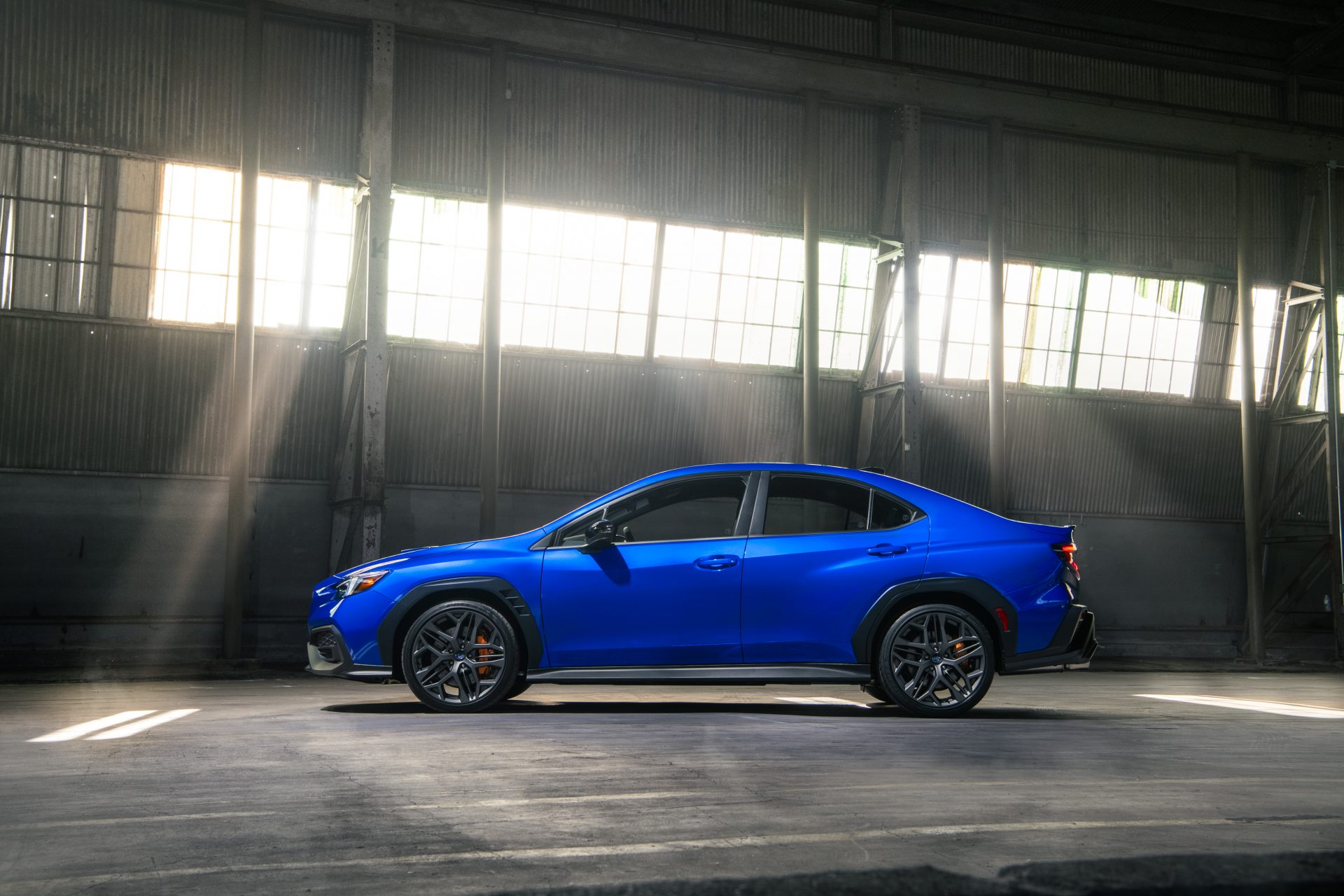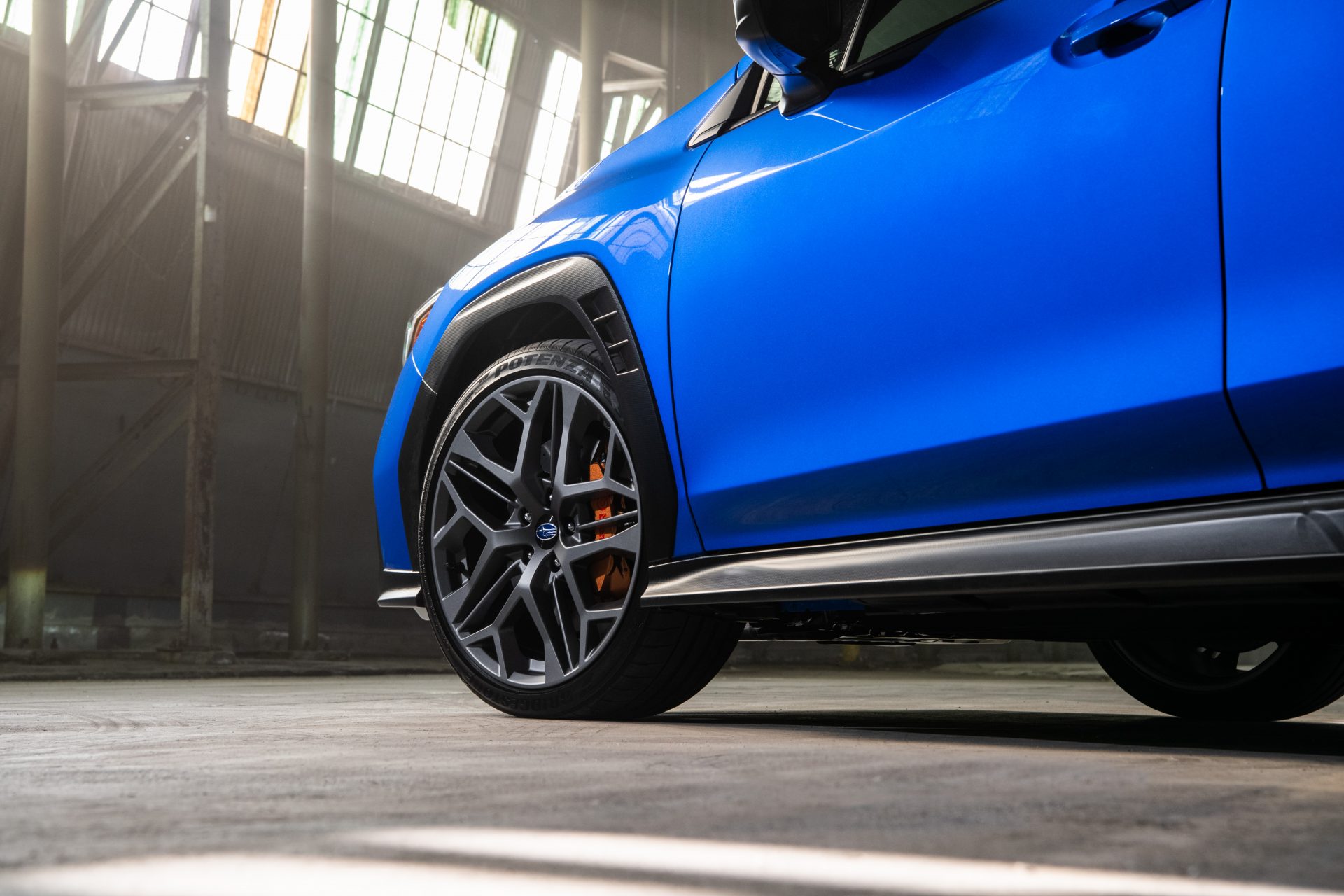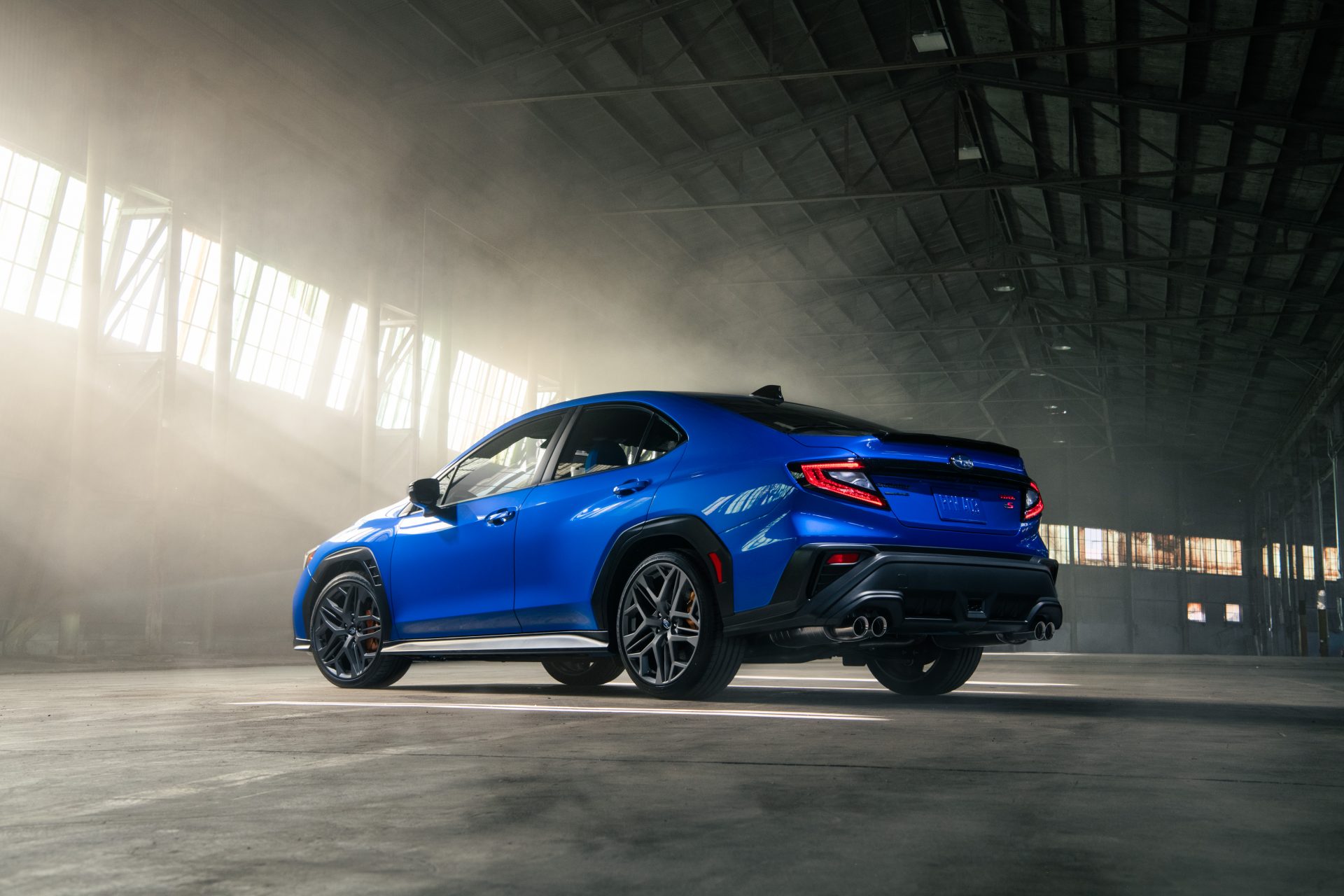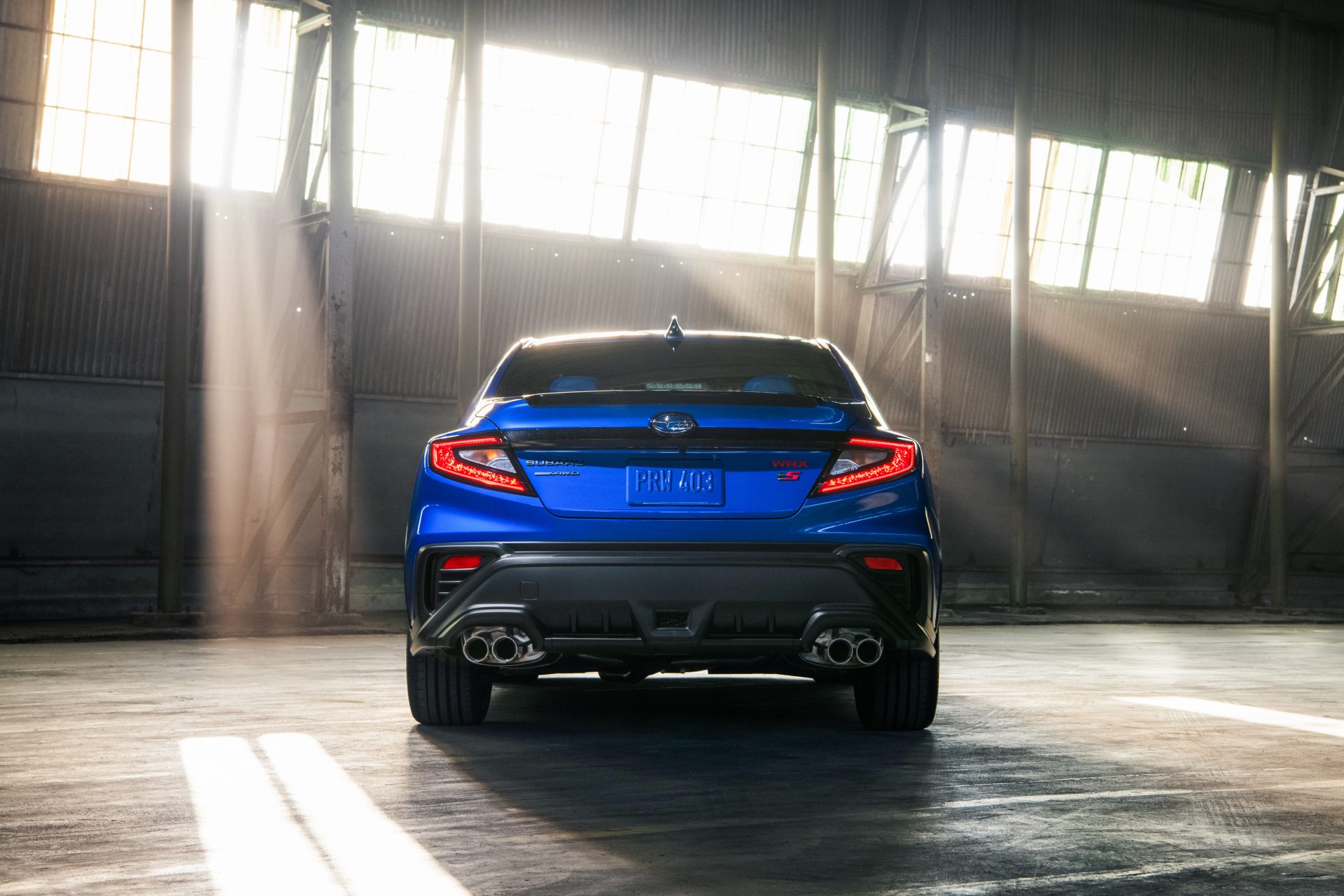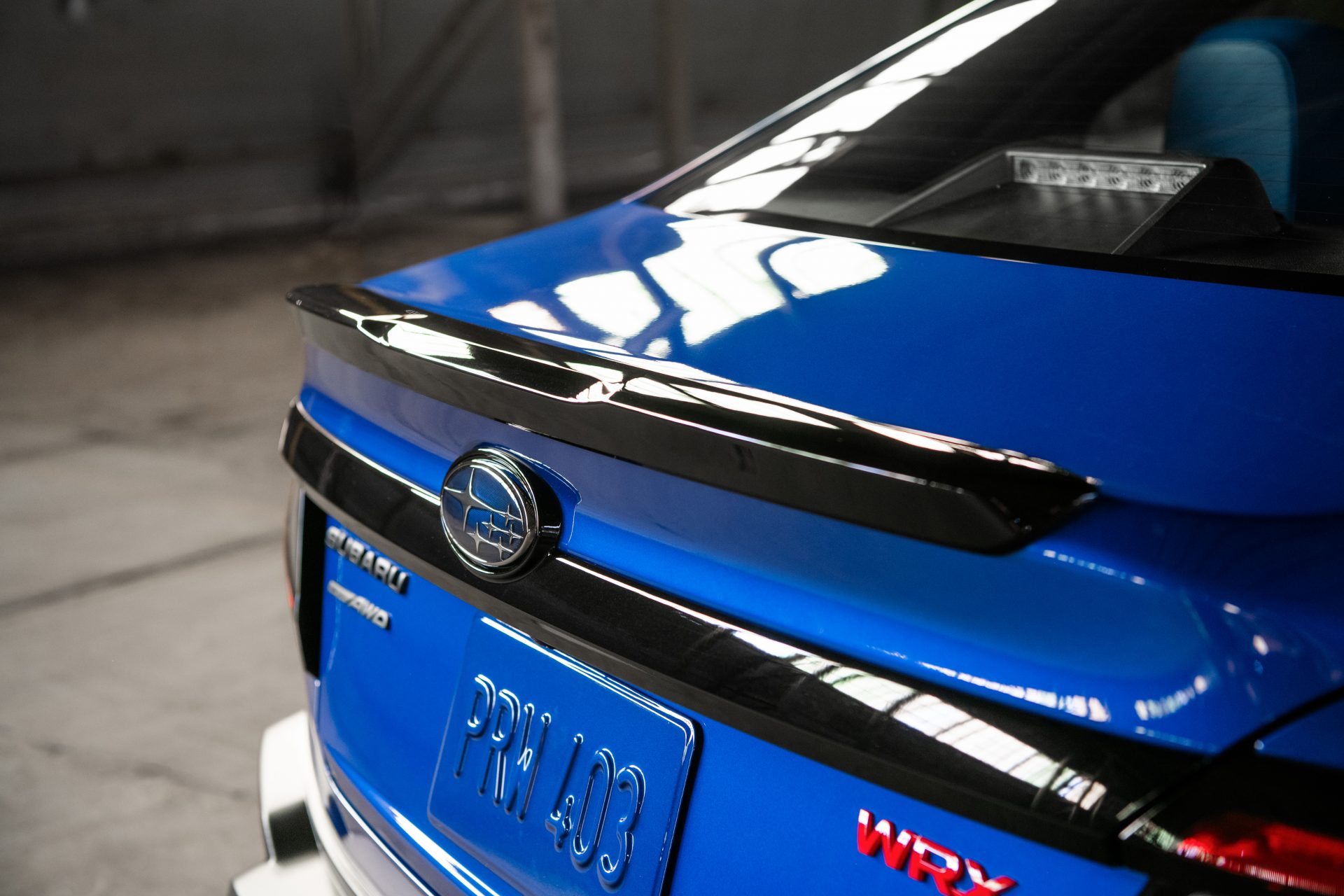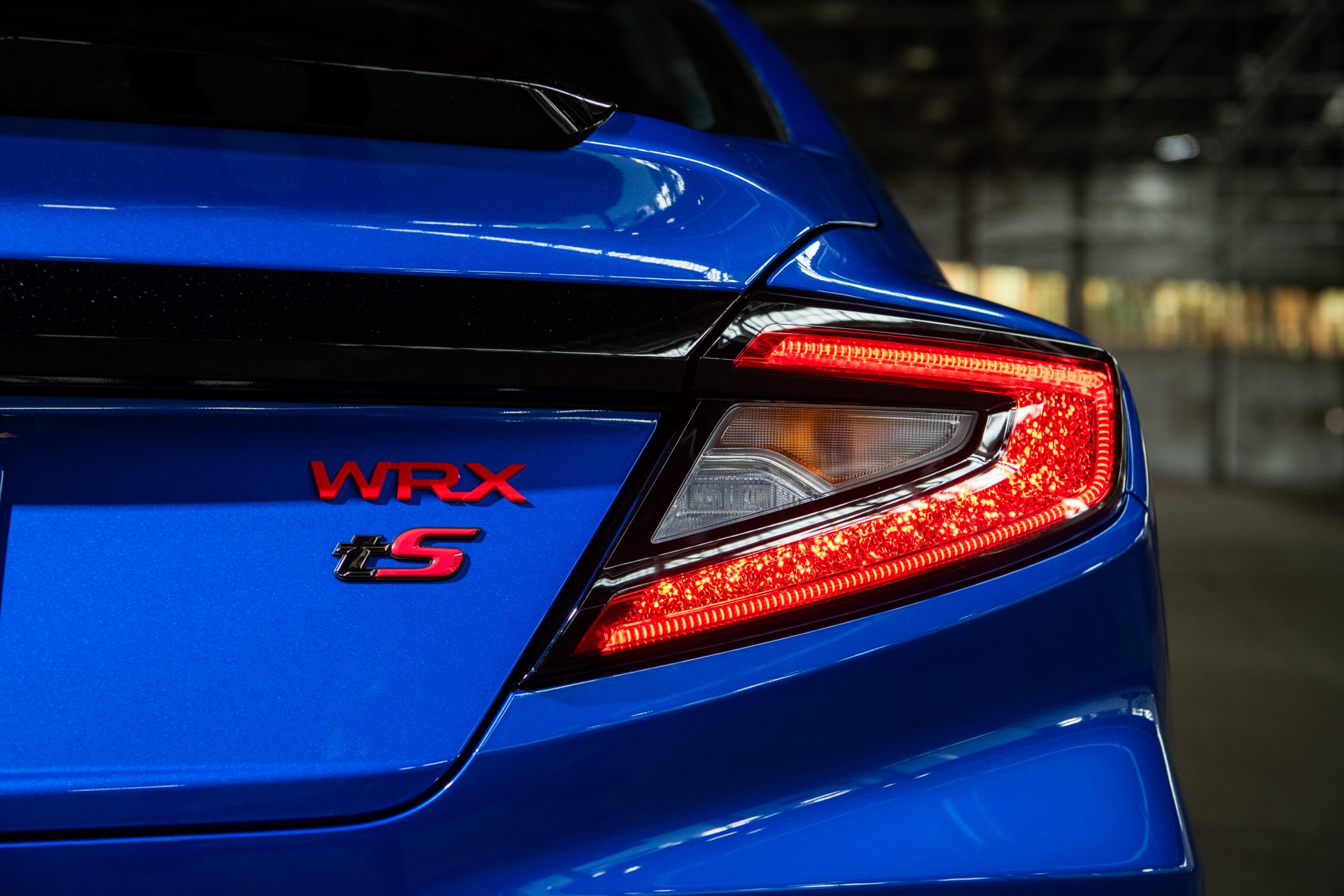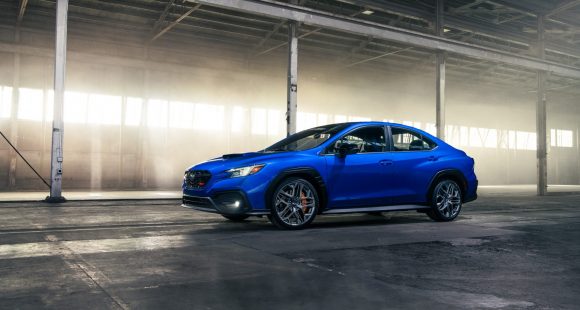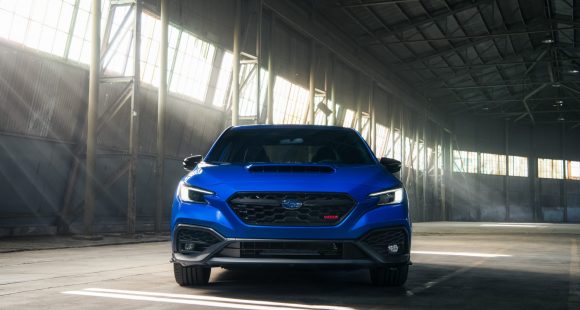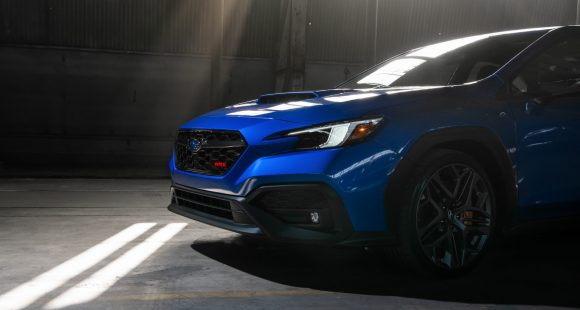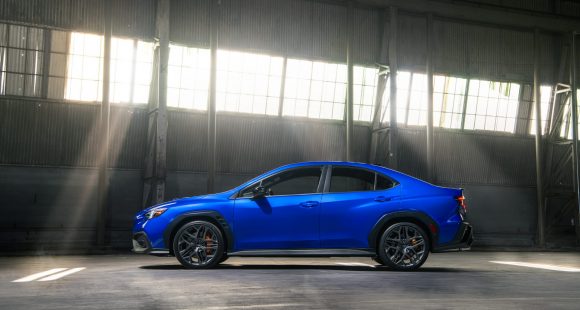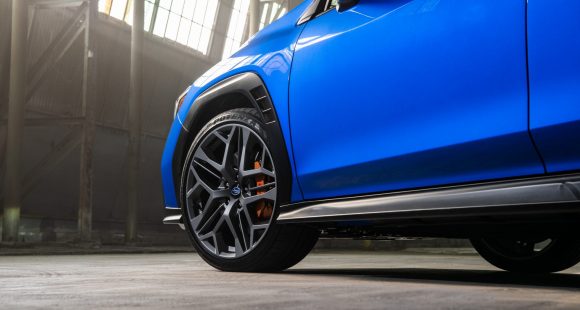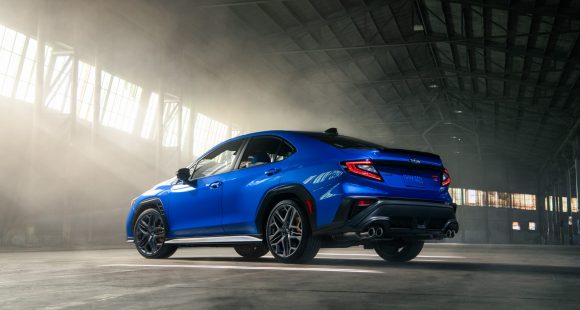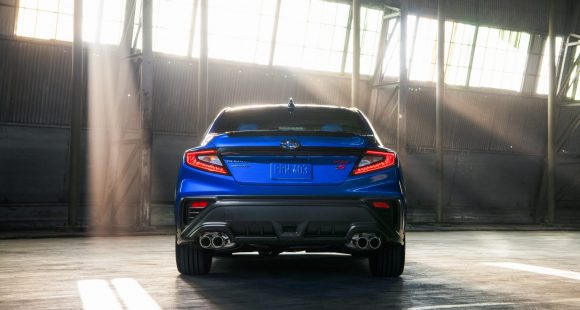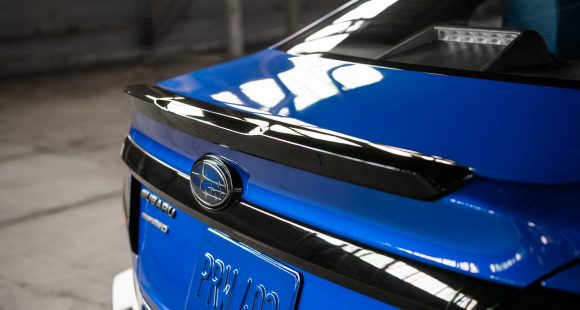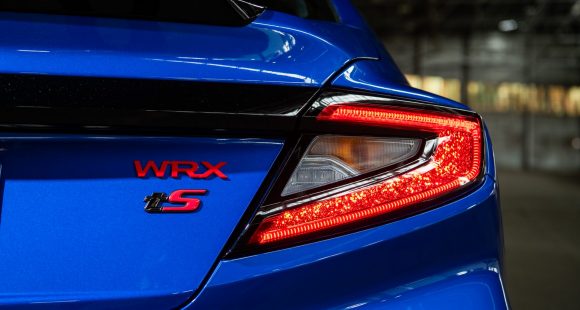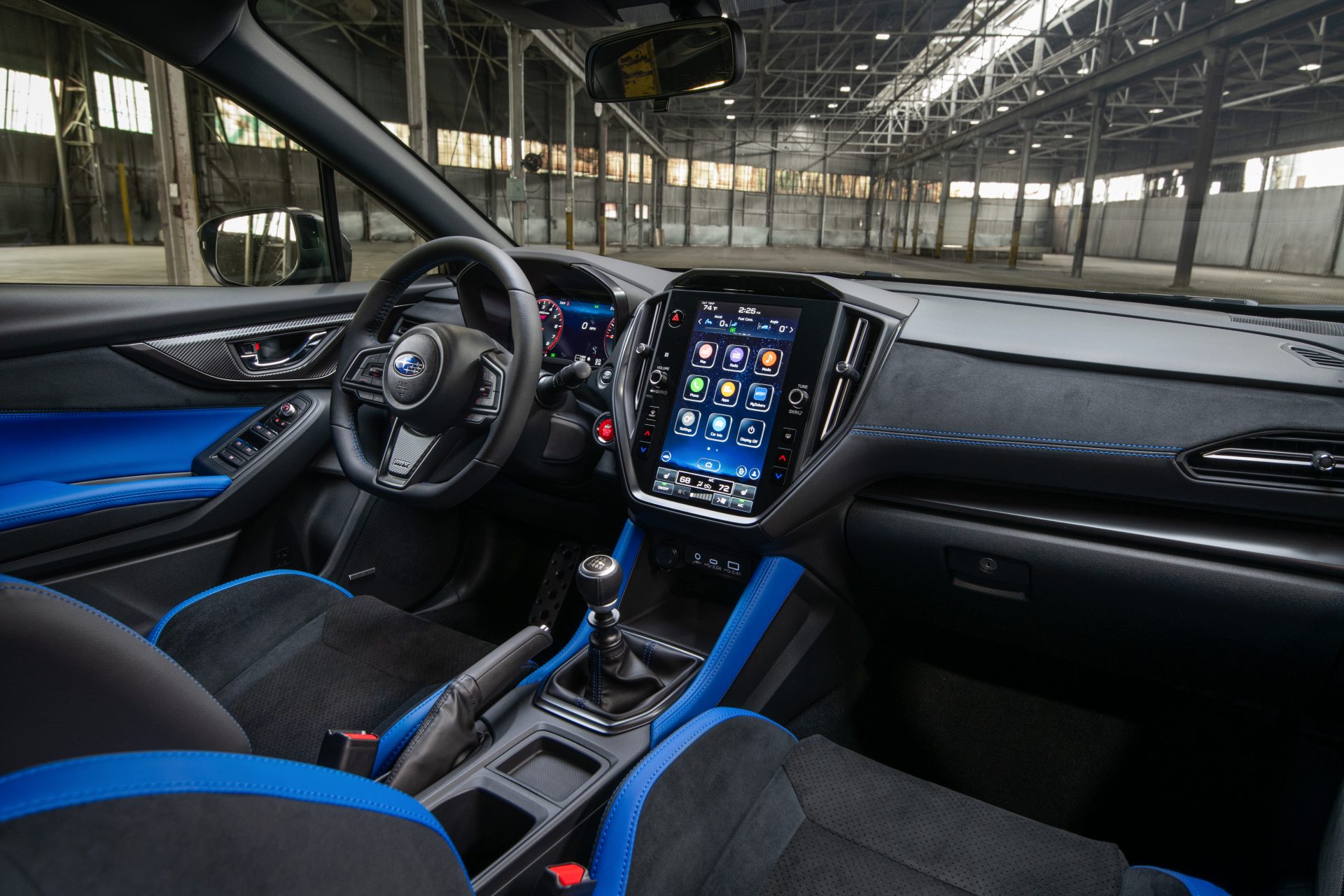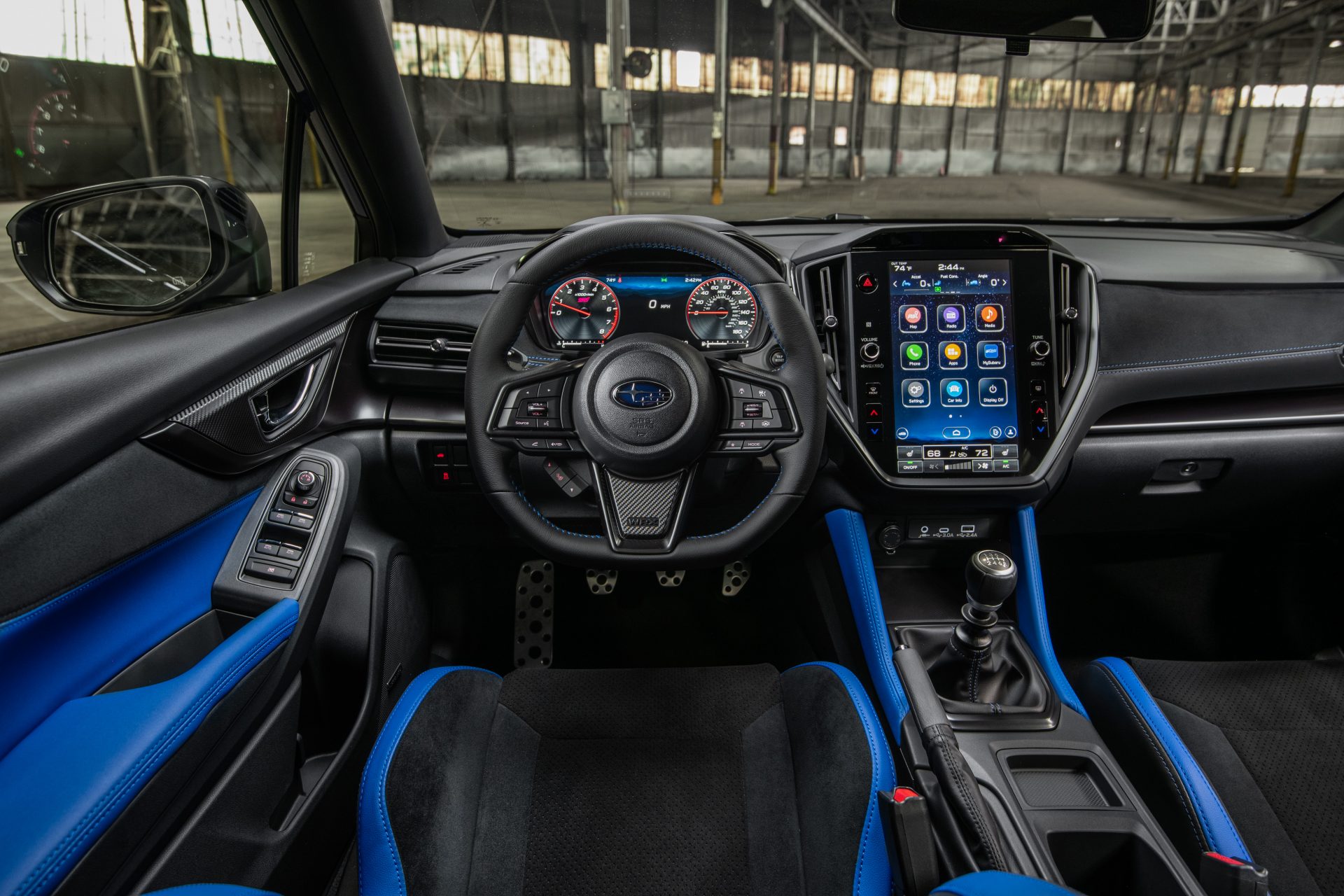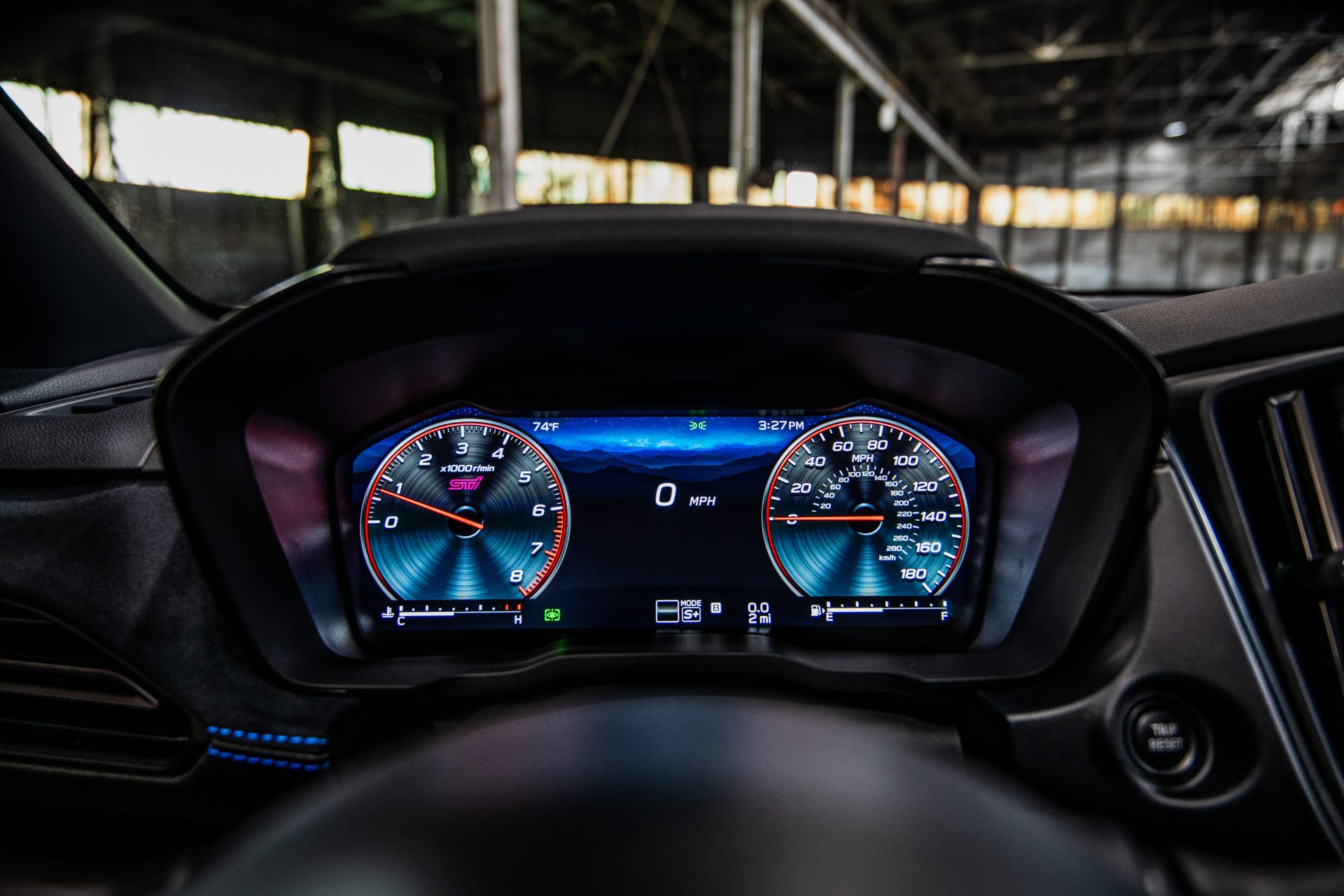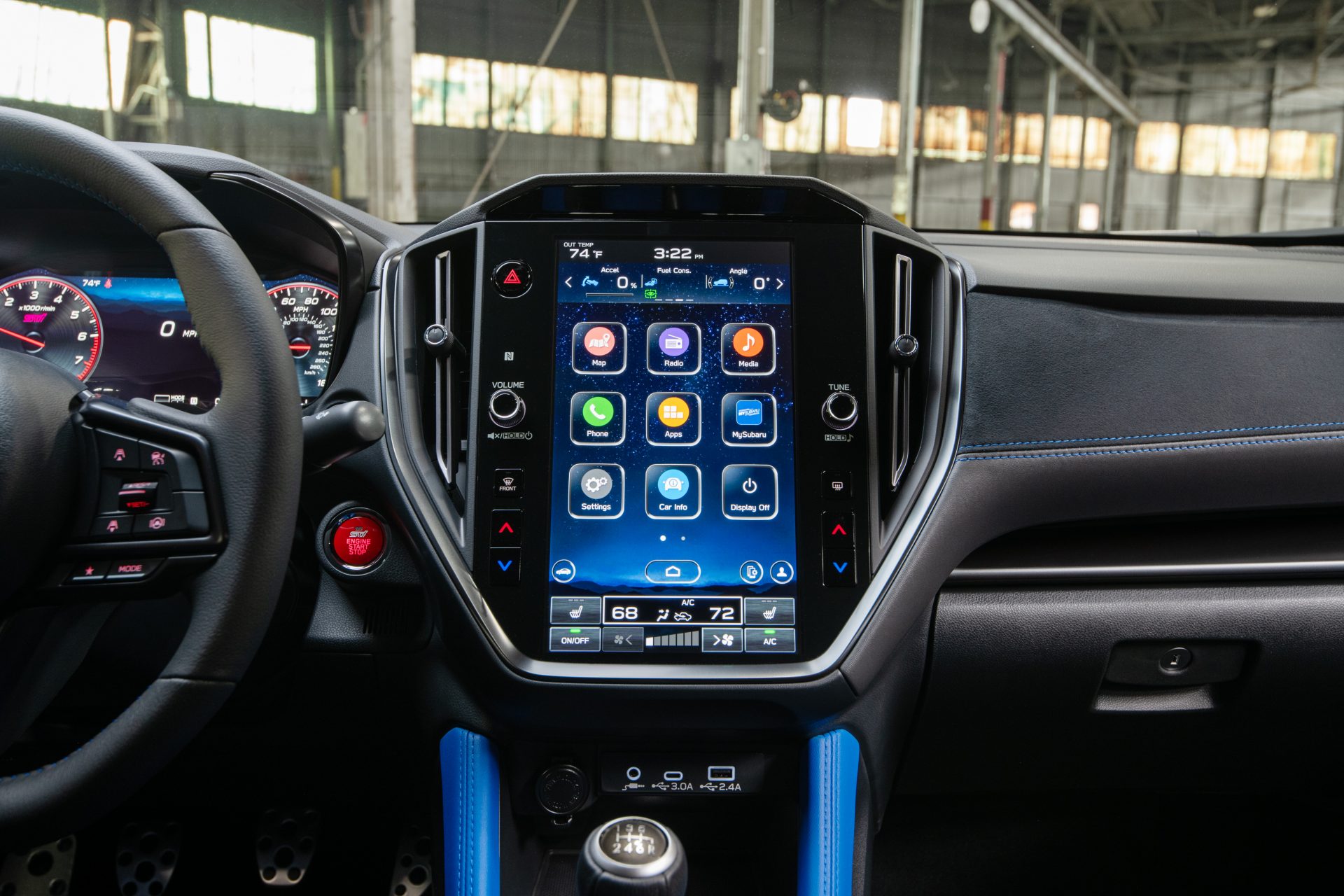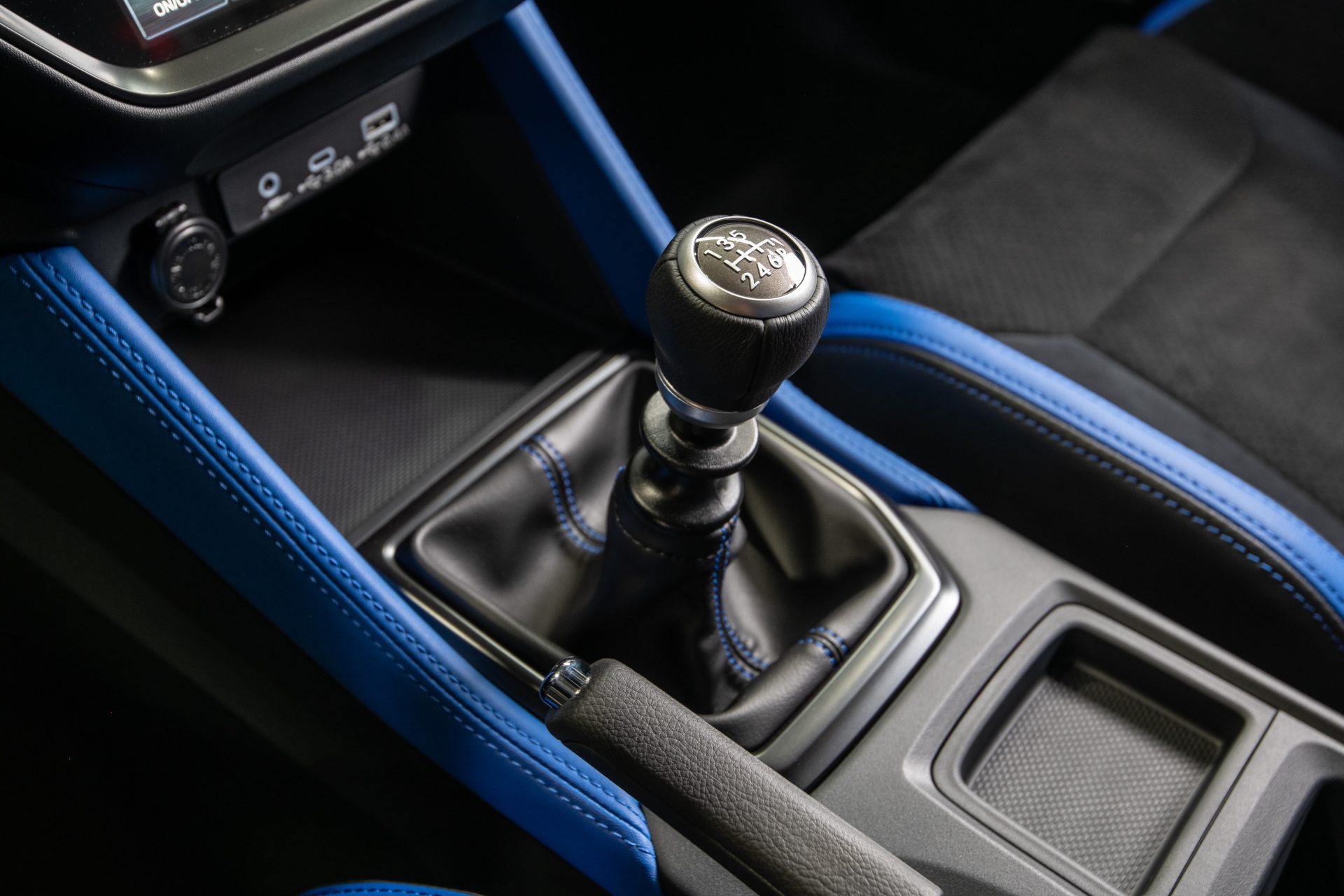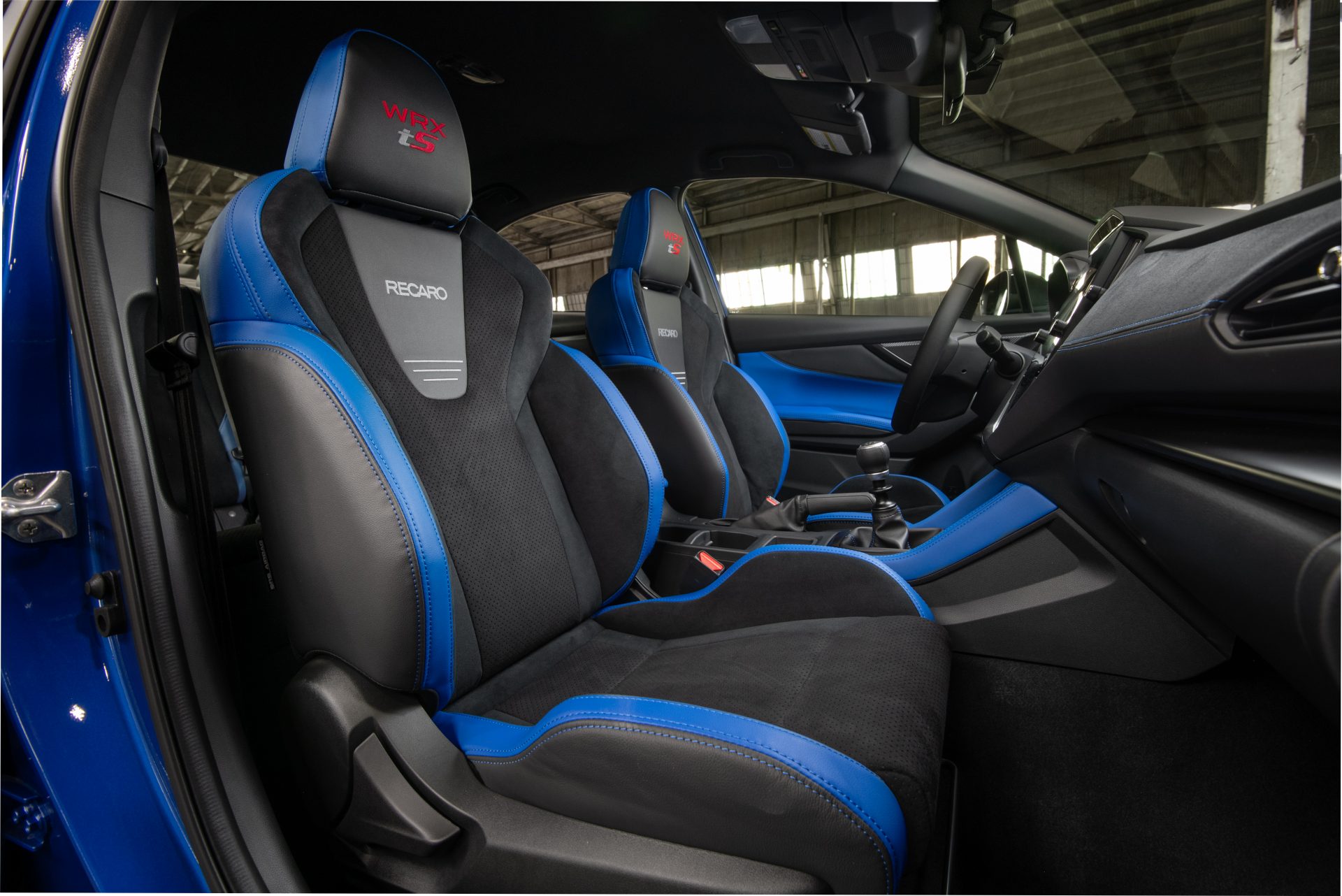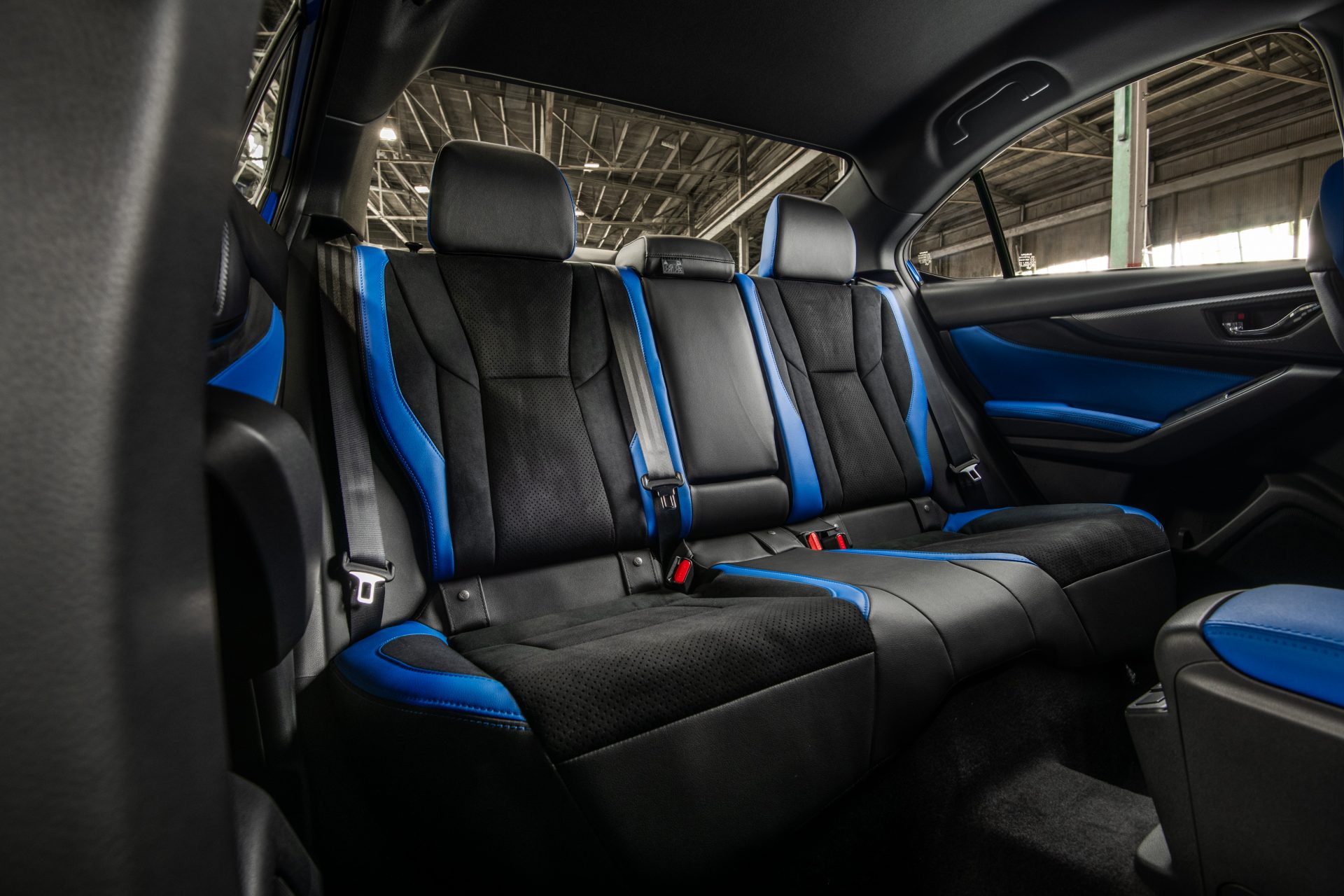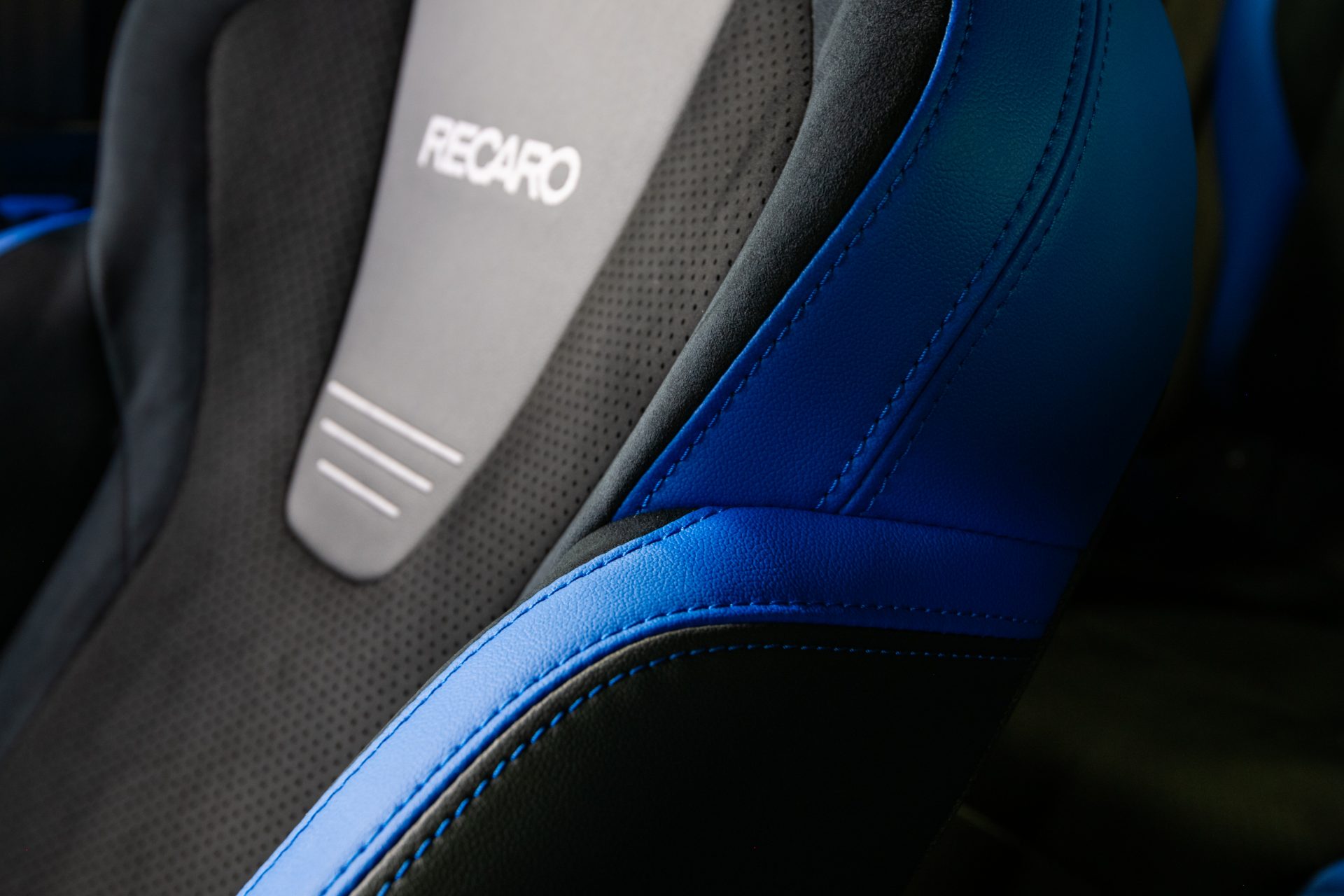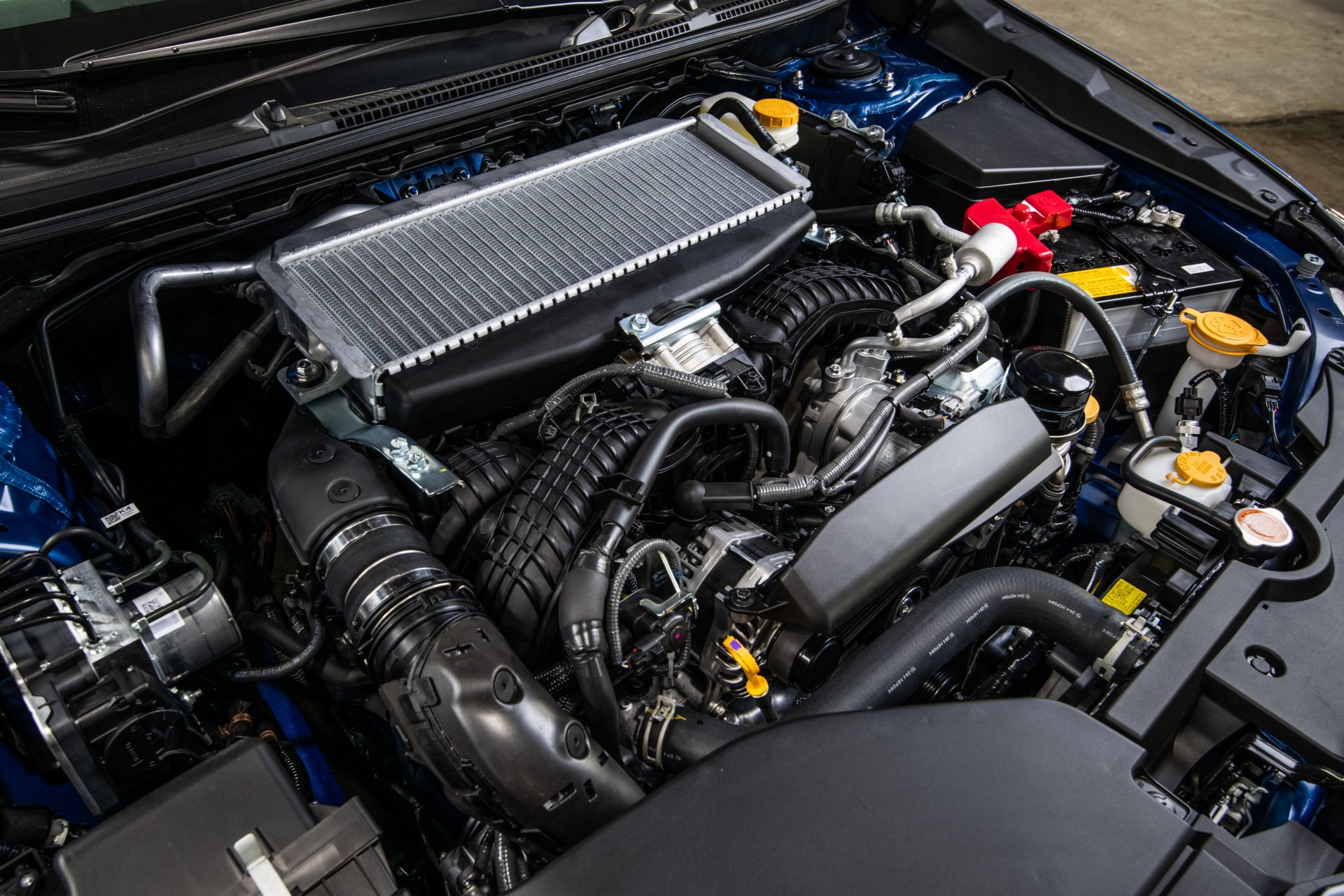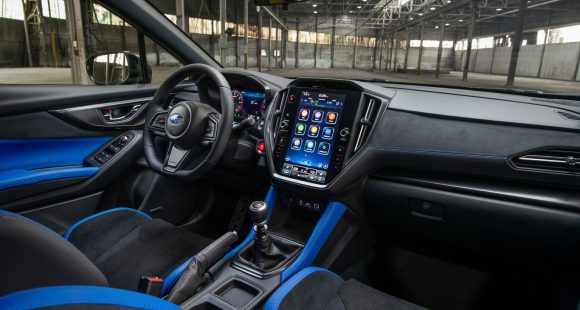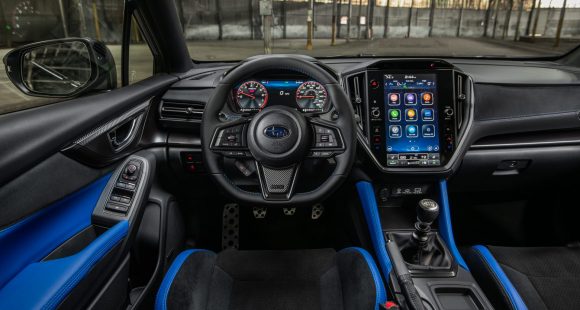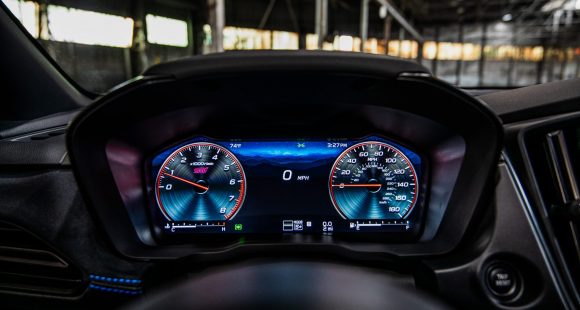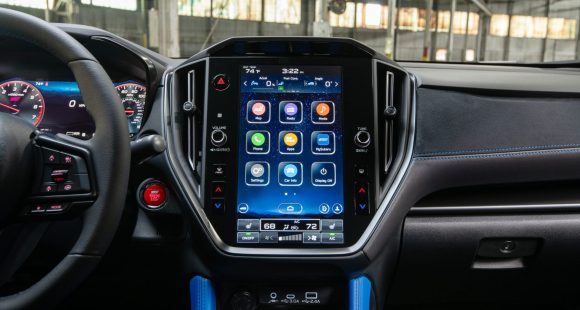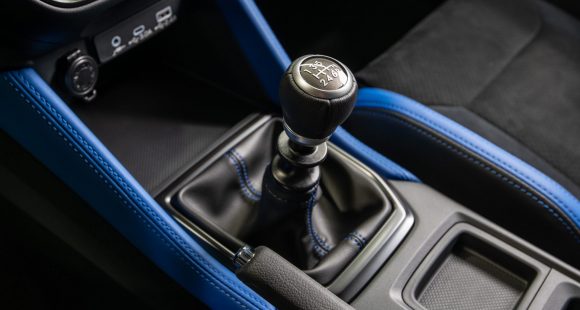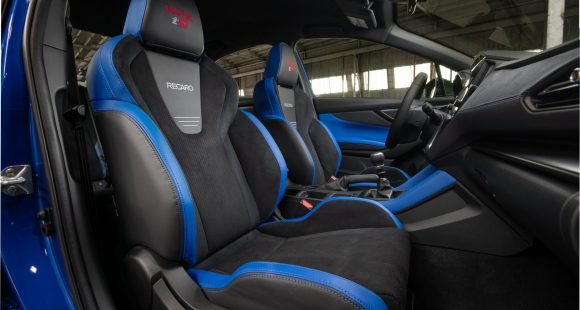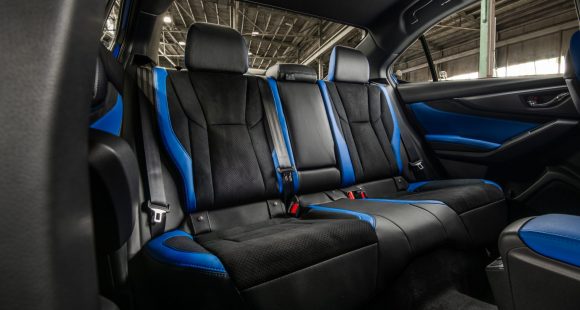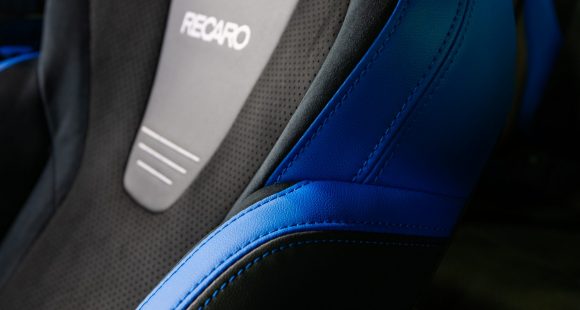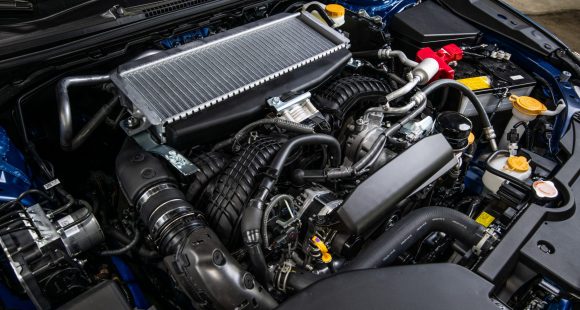2013 Hyundai Genesis Coupe
While the Genesis Coupe has done a lot to increase the performance image of the Hyundai brand, It’s kind of stuck in the middle of the sports coupe segment. It doesn’t offer the retro style and tradition of pony cars like Camaro and Mustang, nor does it have all of the lightweight fun factor of new arrivals like the Scion FR-S and Subaru BRZ. So, just what does the Hyundai Genesis Coupe offer that other cars don’t?
Sometimes being caught in the middle is a good thing as you can poach sales from both sides without being a direct competitor with either one. And so it is for the 2013 Hyundai Genesis Coupe, with a turbo-4 that leans more towards the import names and a strong-running V6 that leans more towards Detroit brands, it’s adequately equipped to do battle with both. We chose the 3.8-liter V6 for our test, as it is updated with direct injection, providing 42 more horsepower, for a total of 348, and 29 more pound feet of torque to 295 and headed straight to the track to see what it would do.
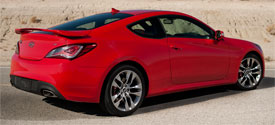 Off the line, we could easily feel that additional torque, but there’s still plenty of grip for a good launch, and for shaving a few tenths off of our previous Genesis Coupe 3.8 test with a 0 to 60 time of 5.2-seconds. And, it now runs through the ¼-mile in 13.9-seconds at 103 miles-per-hour. The standard 6-speed manual transmission has also been tweaked to provide more feel, and indeed it was very precise. A new 8-speed automatic is available for those who prefer just two pedals. Brakes certainly live up to the sporty style of the Genesis, as stopping from 60 took just 113-feet. Through the cones it felt well balanced with a front end that stays adhered at all times. There are new dampers, and steering has been re-calibrated. Response is about the same, but we could notice some additional feedback and a little more connectedness overall. There’s enough torque to step the rear out a bit with timely throttle inputs and as before, R-Spec models get front strut camber adjustment bolts.
Off the line, we could easily feel that additional torque, but there’s still plenty of grip for a good launch, and for shaving a few tenths off of our previous Genesis Coupe 3.8 test with a 0 to 60 time of 5.2-seconds. And, it now runs through the ¼-mile in 13.9-seconds at 103 miles-per-hour. The standard 6-speed manual transmission has also been tweaked to provide more feel, and indeed it was very precise. A new 8-speed automatic is available for those who prefer just two pedals. Brakes certainly live up to the sporty style of the Genesis, as stopping from 60 took just 113-feet. Through the cones it felt well balanced with a front end that stays adhered at all times. There are new dampers, and steering has been re-calibrated. Response is about the same, but we could notice some additional feedback and a little more connectedness overall. There’s enough torque to step the rear out a bit with timely throttle inputs and as before, R-Spec models get front strut camber adjustment bolts.
This latest Genesis Coupe also gets a fresh look. One that’s more aggressive and muscular, especially up front with the new fascia featuring larger air intakes, and a more menacing looking hood, though the new air “vents” are obviously for appearance only. Down the side, the Z-shaped body lines remain, but are set off by new wheels with a more sculpted look, available in 18’s or 19’s. In the back, LED’s highlight a new tail light design, while down low, asymmetrical exhaust tips still add some flash to the black diffuser.
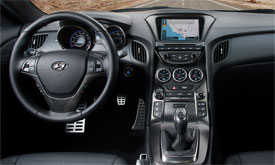 Interior updates are minor, but include new materials throughout that are a bit more inviting. Gauges are also updated with electroluminescent lighting and a new info center. R-Spec models sports seats with red leather bolstering and cloth inserts, and the red trim finds its way onto the door panels as well. Hyundai’s Blue Link telematics is now available, but only in 3.8 Grand Touring, 3.8 Track, and 2.0T Premium trims. Though, all models add needed telescoping to the steering wheel.
Interior updates are minor, but include new materials throughout that are a bit more inviting. Gauges are also updated with electroluminescent lighting and a new info center. R-Spec models sports seats with red leather bolstering and cloth inserts, and the red trim finds its way onto the door panels as well. Hyundai’s Blue Link telematics is now available, but only in 3.8 Grand Touring, 3.8 Track, and 2.0T Premium trims. Though, all models add needed telescoping to the steering wheel.
On the street, this regenerated Genesis is plenty entertaining, but not as refined as it could be. Ride is still a bit harsh for our aging bodies. Government Fuel Economy Ratings for the V6 manual are 18-City and 27-Highway, and we managed a decent 24 miles per gallon in daily driving, but that’s on Premium Fuel. The Energy Impact Score is average at 15.7-barrels of yearly oil use, with annual CO2 emissions of 7-tons. As the great Poison singer Bret Michaels once told us, “every rose has its thorn” and with the Genesis, all these great updates have come with a base price that’s 2-grand higher than last year, starting at $25,125. Our 3.8 R-Spec goes for $29,625.
Still, the 2013 Hyundai Genesis Coupe is a lot of car for the money while it also brings a little bit of sophistication to the class. It seems to have really embraced its “tweener” status. Much like a denim jacket, you have to be in the right crowd to feel cool sporting one, but in a group of like-minded individuals, the Genesis Coupe is indeed one slick ride.
Specifications
- Engine: 3.8-liter V6
- Horsepower: 348
- Torque: 295 lb-ft.
- 0-60 mph: 5.2 seconds
- 1/4 mile: 13.9 seconds @ 103 mph
- EPA: 18 mpg city/ 27 mpg highway
- Energy Impact: 15.7 barrels oil/yr
- CO2 Emissions: 7.0 tons/yr
2025 Subaru WRX tS
Subaru’s “World Rally eXperimental” Gets Tecnica-Tuned Tech
Building on its global rally heritage, WRX has been a standalone Subaru nameplate, marketed separately from garden variety Impreza, for two generations now. And while the current WRX still lacks the full STI treatment, this WRX tS serves up some of that high-performance spice we’ve been longing for.
Before we go flat out into our Track Test of this 2025 Subaru WRX tS, lets open the Subaru dictionary so we’re all on the same page. “tS” stands for “tuned by STI;” and “STI” is an acronym for “Subaru Tecnica International,” the brand’s high-performance sub-group best known for upgrading the WRX— oh, that stands for “World Rally eXperimental,” in case you didn’t know.
All that said, STI has been largely dormant for this WRX generation, but this tS sprinkles more of their engineering magic into the mix. No, that doesn’t mean extra power, but does mean significant chassis-related improvements.
First, electronically controlled dampers, adjustable through the 11.6-inch tablet-style infotainment screen. That meant a softer “comfort” mode on the 10+ hour commute to and from Savannah’s Roebling Road Raceway. But once we were there, it was the firmer “Sport+” setting all the way, heightening response from the WRX’s throttle and already quick dual-pinion power steering system. There’s still some body roll for rally-esque weight transfer, but it’s well sorted and provides the “toss-ability” you want in a WRX.
Though if you do autocross your tS, which we implore you to do, you might feel the six-piston front, two-piston rear Brembo brakes first. The bite is strong, giving good rotation in the corners and plenty of “halt” for this 3,400 lb. compact with minimal fade, keeping us on track all week…until some unfortunate winter weather passed overhead. No worries here, as Subaru’s Symmetrical All-Wheel-Drive system got us to the track for some powdered deserts: Frosted donuts served up Michelin style, a set of winter tires different from the grippy Bridgestone Potenza S007 rubber the tS typically rides on. Some prior hot laps of California’s Sonoma Raceway gave credence to those Bridgestones, and showed us what this hot-compact can do in ideal conditions.
It’s well sorted and provides the “toss-ability” you want in a WRX.
Other tS enhancements are cabin-based, namely these beautiful blue Recaros. Most of our staff appreciated their moderately-aggressive bolstering on both street and track. And they’re even heated, too. Another tS-only appointment is this 12.3-inch digital gauge display. It mimics the standard analog gauges with some additional info, but can switch to a navigation mode for more convenient route guidance.
We do wish our tS came in the new Galaxy Purple or the trademark World Rally Blue, but this Crystal White paint wasn’t too shabby, contrasting its Cherry Blossom Red badging and blacked-out lip spoiler. Otherwise, the tS is like any other WRX, down to the hood scoop funneling air to the top-mounted intercooler.
Underneath is the same turbocharged 2.4-liter flat-four in all other trims, boxing at 271 horsepower and 258 lb-ft of torque. The freak winter weather stopped straight-line testing, but a 0-60 time estimate of 5.5 seconds is about as spry as you realistically need, pulling strong through most of the tach; though the 6,000 RPM redline required attentive shifting of the six-speed box, which the tS comes exclusively with. The throws are precise, if a little long, and the clutch is wonderfully weighted.
With discontinuation of the Base trim, pricing for the WRX now starts with Premium at $36,920. The tS is at the top of the lineup with the automatic-only GT, both starting at $46,875. All WRXs continue to be made in Gunma, Japan.
If you’re an enthusiast itching to do the tuning yourself, perhaps the 2025 Subaru WRX tS is not for you. But if you want a plug-and-play experience, this is it. While it won’t exactly bestow the loose-cannon, top-level driving skills exhibited by famous WRC drivers upon you, the tS moves this WRX’s game in a direction we’ve so desperately wanted Subaru to take.
Specifications
As Tested
- Engine: 2.4-liter flat-four
- Tranmission: 6-speed manual
- Horsepower: 271
- Torque: 258 lb-ft




